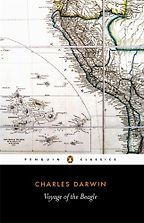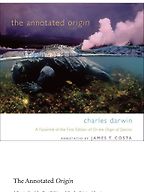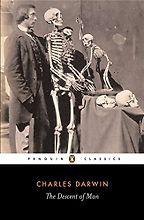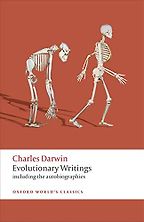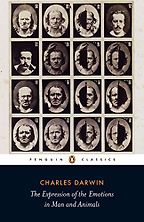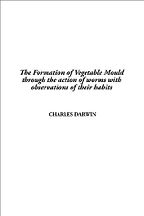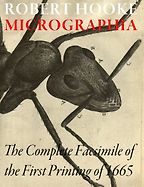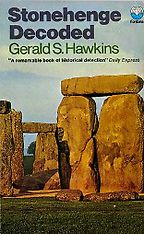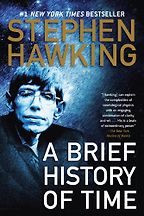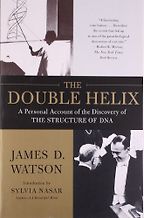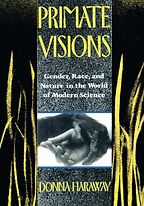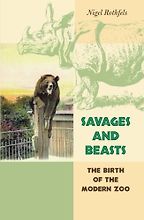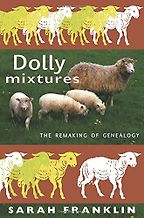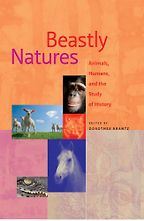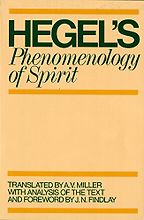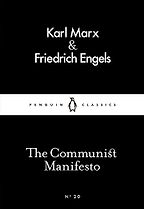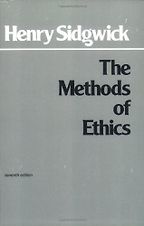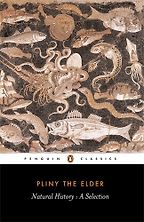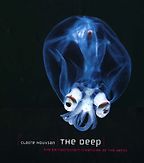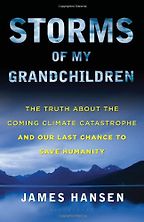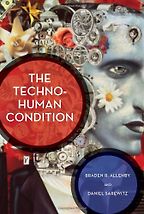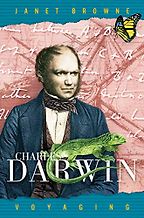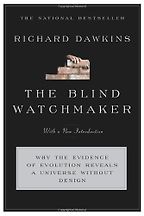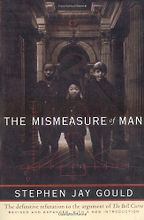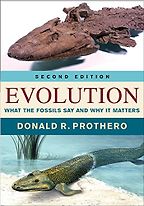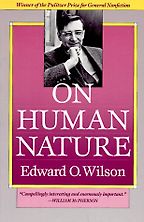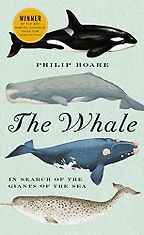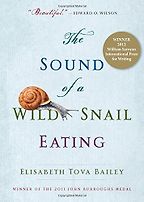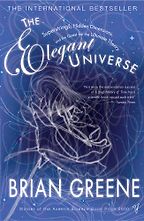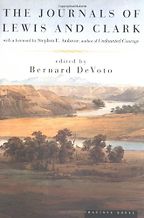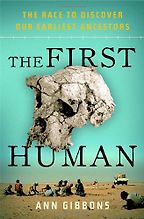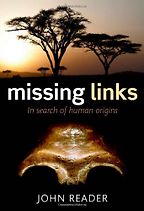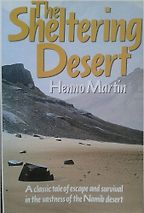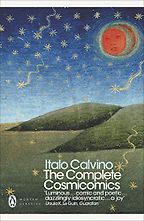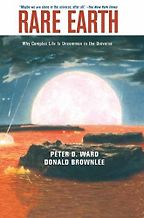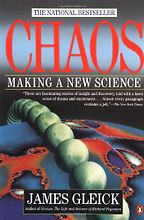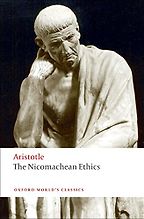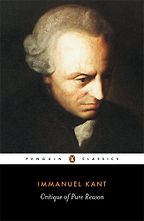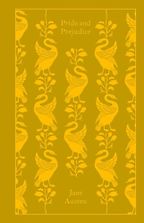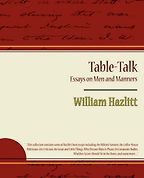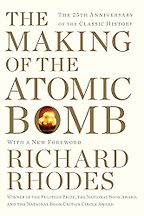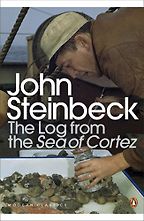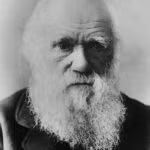
Books by Charles Darwin
Charles Darwin (1809-1882) was an English naturalist whose best-known book, On the Origin of Species (1859) underpins much of modern thought on how life on Earth developed into the variety of species we have today. Rather than a divine designer, Darwin argued that it was evolution by natural selection that created creatures so seemingly well-adapted to their environment. According to evolutionary biologist Jerry Coyne, On the Origin of Species is a book “you have to have read if you want to be considered an educated person.” However, Charles Darwin wrote more than 50 books and some of his others have also been recommended on Five Books:
(NB An excellent biography of Darwin has also been highlighted on Five Books).
“It’s a fun read about a young man on an expedition finding things out. It’s as much about the journey as it is about evolution, but you can hear the idea gestating, the beginnings of the most amazing idea ever…this is about the process of science, about him using his brain, the creative imaginative bit of science where he’s wondering why these fossils are here on top of the Andes. He sees Valparaiso destroyed by an earthquake erupting and is horrified by the brutality of nature – it’s as much a travelogue as anything else, but you can see how his mind is beginning to work. I wish I’d read it when I was younger – I’d have gone off a similar journey if I had…It’s full of anecdotes and humour. I mean, he’s aware that he is an academic, and there are long passages about shale beds and geological formations that a travel writer might have left out, but he describes the meals he ate and the people he meets. You really get a feeling of his enthusiasm. It rips along.” Read more...
The best books on Being Inspired by Science
Tom Clarke, Journalist
“An educated person is someone who knows at least a little bit about the major disciplines in human endeavour. And in biology, this is what you need to know – not only historically but also contemporaneously, because Darwin was right, and still is right, about so many things.” Read more...
Jerry Coyne, Biologist
“I like The Descent of Man better than The Origin of Species because Darwin is prepared to be much bolder in The Descent of Man. In The Origin of Species he was still a little bit timid. He presents the idea of how species develop, and that is what we now refer to as evolution. But he didn’t apply it to humans. He really didn’t dare to say that we humans developed from other apes just as horses, for example, developed from early proto-horses. He didn’t use the term ‘evolution’ anywhere in the original editions of The Origin of Species. He does use it in later editions, but that’s around the time when The Descent of Man is published.” Read more...
The Best Nineteenth-Century Philosophy Books
Peter Singer, Philosopher
Evolutionary Writings: Including the Autobiographies
by Charles Darwin
Charles Darwin wrote his autobiography in a matter of months, and it was published after his death in 1887. This edition from Oxford World Classics also includes nice selections from his other writings, as well as responses to his work from around the world.
“The sense of continuity between people and other animals underlies everything that Darwin ever wrote. He doesn’t address it explicitly in On the Origin of Species but it’s the focus of the The Descent of Man. The Expressions of Emotion in Man and Animals addresses the set of human characteristics that are most likely to be fixed on by people who wish to emphasise the distinction between people and other animals…Darwin’s books sold very well…The Expressions of Emotion in Man and Animals is shorter and has pictures of people and animals expressing different emotional states.” Read more...
The best books on The History of Human Interaction With Animals
Harriet Ritvo, Historian
“It’s a wonderful Victorian title. Of course his most famous book is On The Origin of Species and that is actually rather hard work because he was desperately trying to persuade people of his thesis and he collected an absolute mountain of data and you had to wade through this stuff. But he was actually rather a good writer if he was able to let his hair down. His account of the Voyage of the Beagle is lovely. It is a sort of travel book full of derring-do and wonderful adventures. But I love this book about earthworms, which wasn’t published until 1896, because it just shows what a lovely naturalist he was. Let me read you one paragraph from page 26 on the observations and habits of worms: ‘Worms do not posses any sense of hearing. They took not the least notice of the shrill of a metal whistle which was repeatedly sounded near them. Nor did they hear the deepest and loudest tones of a bassoon. They were indifferent to shouts if care was taken that the breath did not strike them. When placed on a table near a piano which was played as loudly as possible they remained perfectly quiet.’ But he goes on to say that if you put them on the piano they jumped like mad because they could feel the vibrations.” Read more...
The best books on Popular Science
Adam Hart-Davis, Broadcaster
Interviews where books by Charles Darwin were recommended
-

1
Micrographia: The Complete Facsimile of the First Printing of 1665
by Robert Hooke -

2
Stonehenge Decoded
by Gerald S Hawkins -

3
A Brief History of Time
by Stephen Hawking -

4
The Double Helix
by James Watson -

5
The Formation of Vegetable Mould through the Action of Worms with Observations on their Habits
by Charles Darwin
The best books on Popular Science, recommended by Adam Hart-Davis
The best books on Popular Science, recommended by Adam Hart-Davis
Adam Hart-Davis says clear simple writing is the key to an accessible science book. Selects the five books he believes offer the best introduction to Popular Science. Includes works from Darwin, Watson and Hawking
-

1
The Expression of Emotions in Man and Animals
by Charles Darwin -

2
Primate Visions: Gender, Race, and Nature in the World of Modern Science
by Donna J Haraway -

3
Savages and Beasts: The Birth of the Modern Zoo
by Nigel Rothfels -

4
Dolly Mixtures: The Remaking of Genealogy
by Sarah Franklin -

5
Beastly Natures: Animals, Humans, and the Study of History
by Dorothee Brantz
The best books on The History of Human Interaction With Animals, recommended by Harriet Ritvo
The best books on The History of Human Interaction With Animals, recommended by Harriet Ritvo
Animals have played a significant role in human history, and the manner by which we interpret their behaviour says a lot about our own culture and social mores. Harriet Ritvo, professor of history at MIT, selects five of the best books from the field of animal history.
The Best Nineteenth-Century Philosophy Books, recommended by Peter Singer
The nineteenth century saw not only a widespread interest in philosophical ideas but also philosophy’s development as a more rigorous discipline. Australian philosopher Peter Singer introduces us to the highlights of a century of philosophy books.
The Best Books for Growing up in the Anthropocene, recommended by Caspar Henderson
Welcome to life in the Anthropocene, a new epoch in the history of life where the impact of humanity on the Earth system is so great, we need a new term for it. Author and journalist Caspar Henderson offers a rich reading list to help ourselves and our children grow up in the Anthropocene.
The best books on Evolution, recommended by Jerry Coyne
Evolutionary biologist Jerry Coyne tells us why Darwin is still essential reading and sifts the vast amount of more recent writing on evolution for books that are both inspiring to scientists and accessible to general readers. He picks the best books on evolution.
Favourite Science Books, recommended by Mark Kurlansky
The bestselling author of Cod and Salt tells us about five science books he loves—from whales and snails to evolution and string theory—all of which make difficult subjects accessible
The best books on Prehistory, recommended by Tim White
Paleoanthropologist Tim White tells us about his work investigating the origins of homo sapiens and explains what a 4.4 million-year-old skeleton he found in Africa tells us about our common past.
The best books on Earth History, recommended by Adam Maloof
Just as no one can study political science without a basic understanding of human history, or study a modern animal without a basic understanding of evolution, so no one can understand climate change without understanding the Earth’s history, argues the Princeton geology professor.
The best books on Ideas that Matter, recommended by A C Grayling
In the 18th and 19th centuries, intellectuals engaged in the ‘great conversation,’ a debate about ideas, politics, and beliefs, says British philosopher A C Grayling, author of Ideas That Matter. He picks out five books on ideas about how we live our lives and how we view the world, from Aristotle to Charles Darwin.
The best books on Being Inspired by Science, recommended by Tom Clarke
The Science Correspondent for the Uk’s Channel 4 discusses the magical allure of science. He chooses five great books on subjects ranging from genetics to natural history and astro-physics
